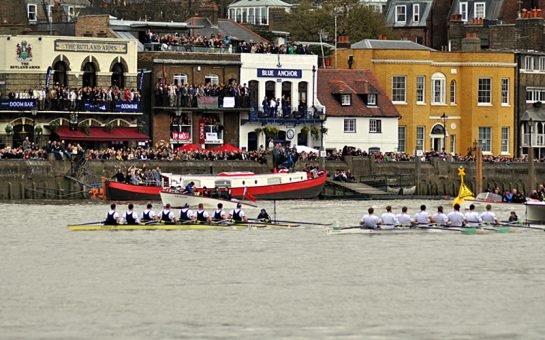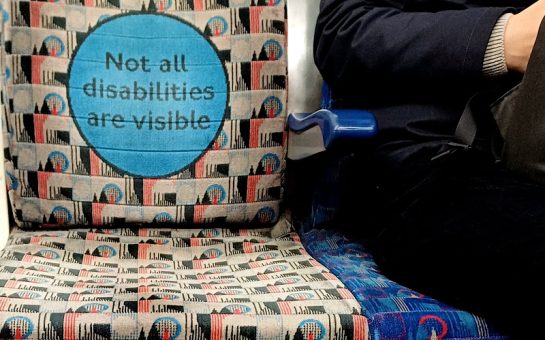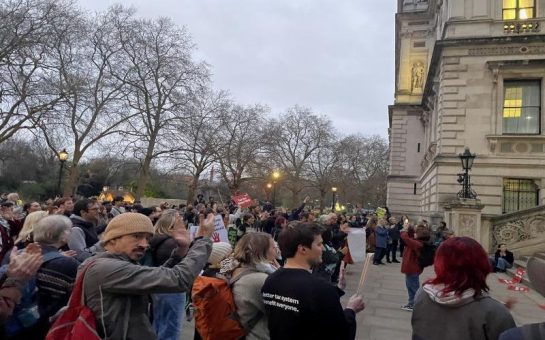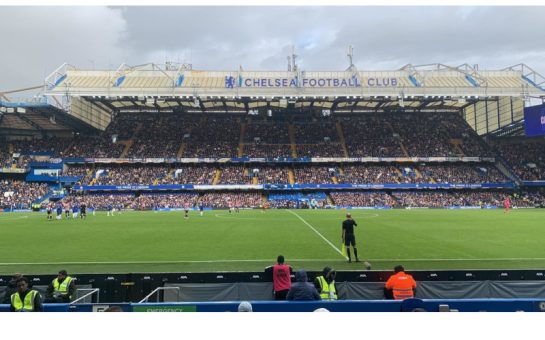By Joe Ives
March 29 2020, 19.30
Follow @SW_Londoner
Listening to the experiences of others is a crucial part of recovery from alcoholism.
It’s a point emphasised in the halls, churches, houses and community centres across London which normally host the city’s 900 weekly Alcoholic Anonymous (AA) meetings.
But while social distancing measures continue their crucial disruption of normal life, for all the lack of interpersonal contact, there is a sense of resilience among many of the fellowship’s members.
“We’ve been to hell and back to stop drinking in the first place!” chuckles Peter, trustee for public information at Alcoholics Anonymous UK. “We’re used to having to cope with change I suppose.”
The AA call centre in London, which usually receives 2,000-2,500 calls every week, closed its doors on March 23 as coronavirus forced the organisation to transition, temporarily, into an exclusively digital and remote support network.
Zoom meetings, Skype and traditional phone calls have become the new go-to channel for those seeking help or continuing with their journey.
“We have no option in the current environment, it’s a really testing situation,” says Peter. “I’m doubling up, tripling up, quadrupling up the effort I’m making on the phone and the internet.
“Needs must. You’ve got to go that extra mile haven’t you? We always say that in AA: it’s a programme for change.”
It’s possible that those in recovery are actually better suited for the challenges than most members of the public.
As Peter says: “Sobriety and our programme helps us really really well in the current environment. I think we’re stronger for it.”
Eric, not his real name, is a recovering alcoholic and an administrator for AA’s Southern Service office. He said: “It’s difficult for anybody in the world – alcoholic or non-alcoholic. You always have to look at the good in a bad situation.
“It’s a bit like if you said the gym had closed. Do you think people are going to eat like a maniac and get fat again?”
He firmly believes most people will be okay if they have the 12 step programme in their life.
It’s hard to tell whether Peter and Eric, who have long-since embraced a life of sobriety, are representative of a broad outlook of those in recovery.
Their dispositions are both the product and cause of the sober, fulfilling lives they have now found.
Their positivity in the face of the challenges currently facing members of AA is a thousand megawatt light that could blind anyone to the darker implications of the current crisis.
Eric admits it won’t be easy for everyone but is keen to emphasise the new possibilities.
With the switch to online meetings, geographical boundaries now matter far less for AA’s work. Some Zoom meetings, he says, have had up to 40 members from all across the UK.
”It’s a bit of fresh air in a way because if you are going every week to the same meeting with the same people it’s very rare that you’re going to hear something new,” Eric says.
However, these opportunities also present a challenge to one of the core principles of AA: anonymity.
It’s easy to share personal information including names and email address when you log in to group chat apps, and the organisation has urged its members to pay attention to what they’re sharing online.
On its new coronavirus webpage an old maxim is restated: “While anonymity is the spiritual foundation of all our traditions, personal anonymity is a personal responsibility.”
The new format of meetings has not been entirely straightforward either, with some older members having to get support setting up from more tech-savvy friends.
Despite these snags, meetings have been following much the same structure as they would in their physical homes. Their importance, it would seem, overrides any teething difficulties.
Information, advice and meeting opportunities can be found at www.alcoholics-anonymous.org.uk.




